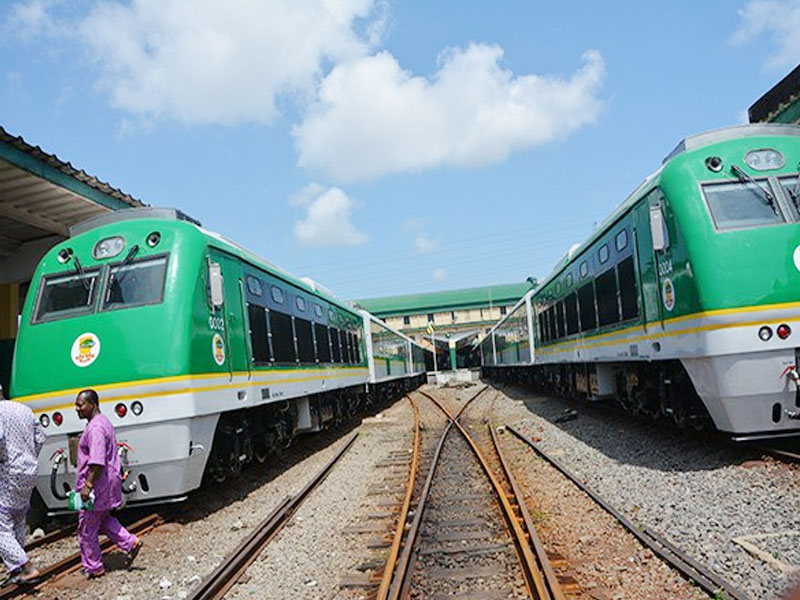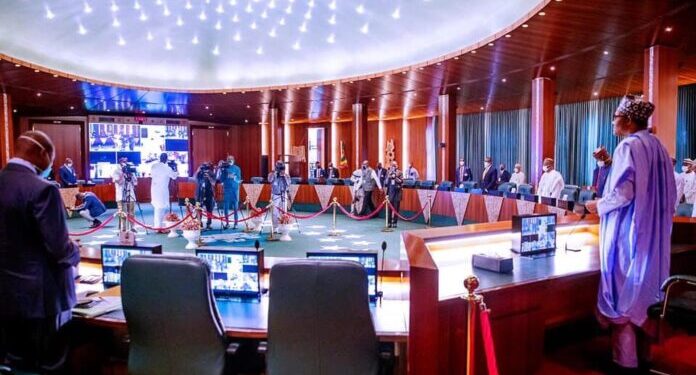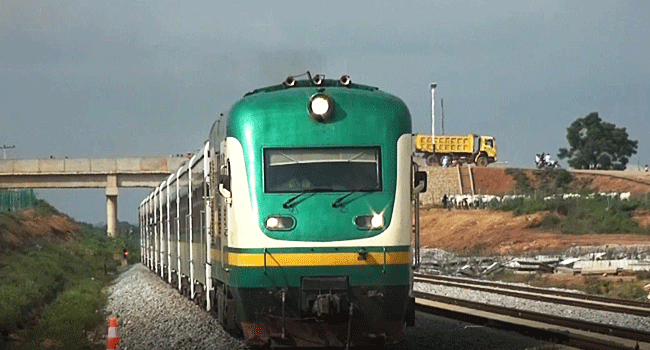By Harrison Kimani
I was born in the 1990s and became an attendant for the Mombasa-Nairobi Standard Gauge Railway (SGR)three years ago and later a chief conductor.
I now serve at the dispatching center of the railway operator, mainly responsible for dispatching the trains, monitoring their operations and providing assistance in emergencies.
Contracted and built by China Road and Bridge Corporation (CRBC), the Mombasa-Nairobi SGR is the first newly built railway in Kenya in nearly a century.
As an important part of the standard-gauge railway project in Kenya,the Mombasa-Nairobi SGR has greatly driven economic and social development along the route since it opened on May 31, 2017.
In 2019, the average attendance rate of the SGR passenger trains reached 95 percent. Besides, 16 freight trains run on a daily basis along the railway, transportingsix million tons of cargos.
Sincethe COVID-19 outbreak in Kenya, the country has taken strict safety measures.Though theSGR suspended its passenger service, it is still transporting freights, ferrying medical supplies and daily necessities to different parts of Kenya.
To ensure orderly operation of the railway and avoid the risk of infection during the commute, many Kenyan employees volunteered to station at workplaces.
As the dispatching center is crucial to the safe operation of the railway and has to be equipped with adequate personnel, I also volunteered to stay.
The company has worked hard to ensure the safety and health of the employees that chose to stay at workplaces,and provided us with masks, gloves, hand sanitizer, goggles and other supplies. Itwasreally heartwarming andreassuring.
During this period of time, my colleagues and I worked extra hours with a sense of duty.
Consilia, head of train drivers, got up at 5 a.m. every day to take the temperature of on-duty drivers, made sure the trains were disinfected and the employees wore masks and gloves and washed hands.
I’m inspired by my colleagues’devotion, and feel proud to stick to my job on the railway artery during the pandemic.
Nearly 80 percent of the employees working at the operator of the Mombasa-Nairobi SGR are from Kenya.The Chinese side has shared experience in railway construction and operation with them and helped them grasp and understand relevant skills and knowledge in a more comprehensive and professional way, which helps facilitate the localization of the company and the railway development in Kenya.
Recently, the Chinese side has doubled its training courses for Kenyan employees to 16 every month and enabled each employee to receive training for eight times every month, up from the original four times.
As I once studied at Shandong Normal Universityof China and could speak both fluent Mandarin and English, I volunteered to be a translator in the training courses and benefited a lot from the courses.
In recent years,China and Kenya have continuously deepened cooperation in railway construction under the framework of the Belt and Road Initiative (BRI).
The first phase of the Nairobi-MalabaSGR, contracted by China Communications Construction, opened on October 16, 2019 and I witnessed the precious moment on the first train departing.
As the extension of the Mombasa-Nairobi SGR, the first phase of the railway linking Nairobi and Malaba has improved the standard gauge railway network of Kenya and solidified the position of the country as a regional transport and logistics hub.
I hope that railway will bring prosperity and hope to every corner of Kenya after the pandemic ends.
(The article is based on People’s Daily journalist LyuQiang’s interview with Harrison Kimani, a Kenyan administrator at the dispatching center of the Mombasa-Nairobi SGR operator.)













